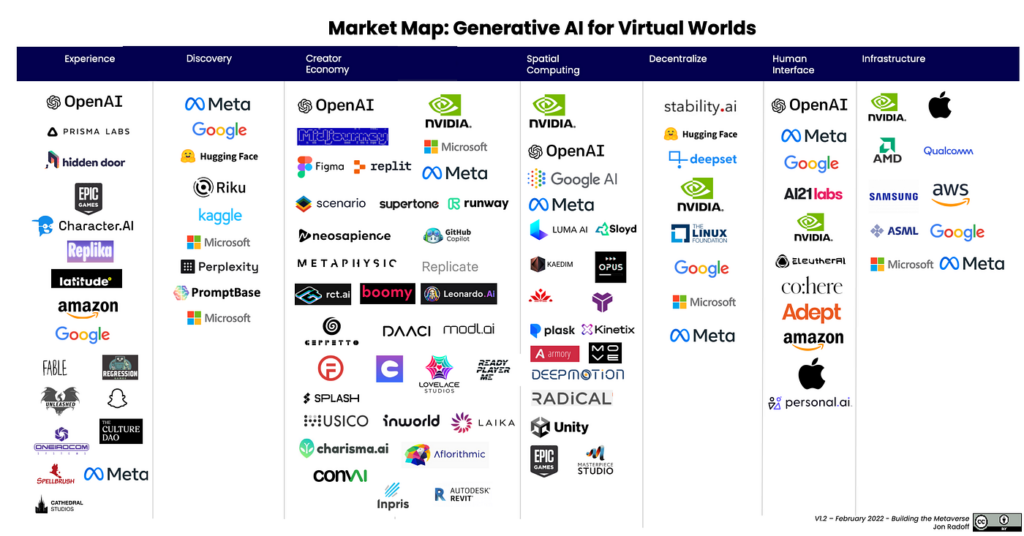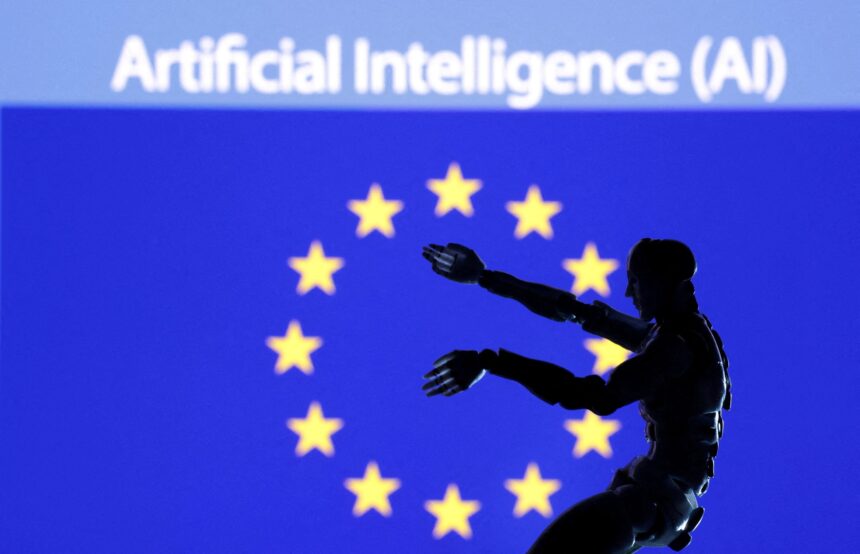The European Union has officially opened an investigation into Big Tech’s application of generative artificial intelligence (AI) and its handling of deepfakes. Companies like Meta, Microsoft, Snap, TikTok, and X are under the microscope for how they plan to mitigate risks associated with AI as they deploy more consumer-facing tools. This move amplifies the EU’s concerns over AI’s potential to disrupt elections, especially with the parliamentary elections on the horizon this summer. The inquiry underscores a broader apprehension about AI’s capacity to disseminate false information and manipulate public opinion.
What’s Happening & Why This Matters
The European Commission’s probe zeroes in on several key concerns:
- The viral spread of deepfakes and their ability to mislead voters.
- The phenomenon of AI “hallucinations” where false information is provided.
- The automated manipulation of services by AI.

Platforms are asked to detail their preparedness against scenarios where, for instance, a high-impact deepfake could be widely circulated right before the elections. The overarching goal is to assess the readiness of these companies to combat AI-driven misinformation and to ensure that such technological advancements do not jeopardize democratic processes.
Broader Implications, Potential Outcomes and Consequences
Beyond election security, the EU’s investigation casts a wide net over other critical areas impacted by generative AI:
- User privacy
- Intellectual property
- Civil rights
- Children’s safety and mental health
These platforms are given until late April to respond, offering insights into their strategies for addressing the multifaceted challenges posed by generative AI.
This probe isn’t just about gathering information. It signals to tech giants that AI mishaps could have serious repercussions, including fines or other penalties under the Digital Services Act. The companies’ responses will inform election security guidelines and could shape future regulatory frameworks for managing AI’s societal impacts.
TF Summary: What’s Next
The EU’s inquiry into Big Tech’s use of generative AI marks a crucial moment in the global conversation about the role of technology in society. As we edge closer to significant electoral milestones, the need for a harmonious balance between innovation and integrity has never been clearer. This investigation could catalyze a shift toward more transparent, responsible AI use, setting a precedent for how democracies worldwide address the challenges and opportunities of artificial intelligence. As the deadline for responses approaches, the tech world awaits the impact of this probe on future AI deployments and digital governance.


